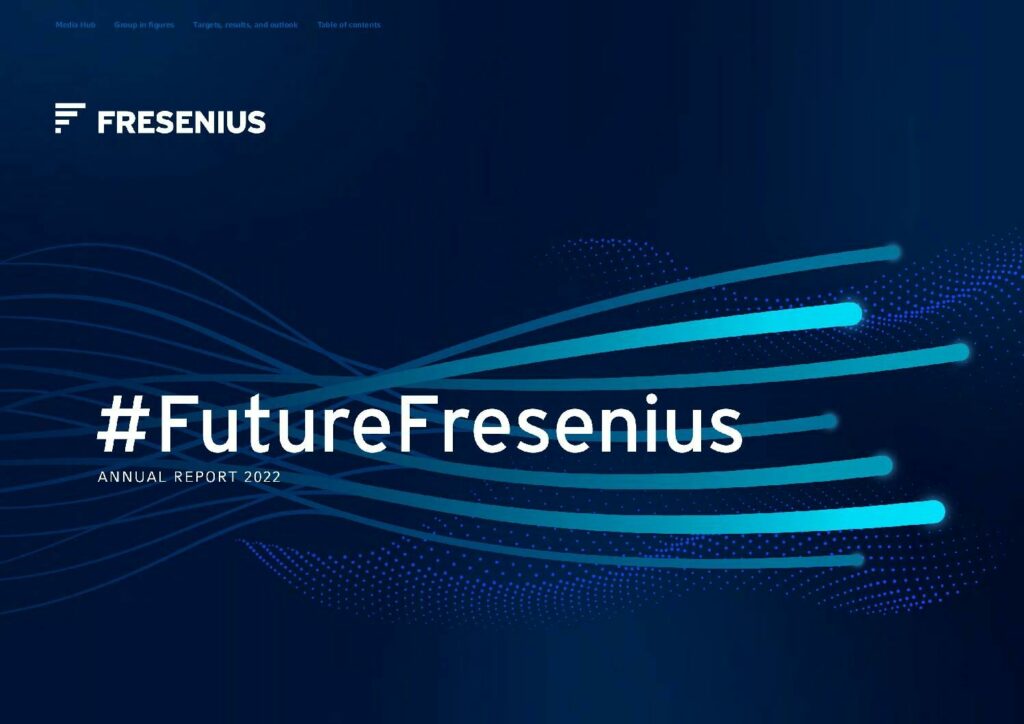GRI 401/3-3, 401-2, 405/3-3, 407/3-3
Global working conditions are defined on the basis of guidelines and regulations at Group level: the Code of Conduct and the Human Rights Statement are key frameworks. Within the business segments, there are internal guidelines for employees covered by collective agreements and non-tariff employees with regard to working hours, jobs and benefits. Occupational health and safety regulations are to be applied to all persons in our healthcare facilities and operating sites, regardless of their employment relationship, but also to visitors and patients. Violations of applicable regulations can be reported via the complaint channels described in the Compliance section. Furthermore, there is the possibility of informing the local employee representative body, as far as they are established. How this is done is explained in the Employee participation section.
The remuneration is based on requirements set by law or, where applicable, specified by the salary structures negotiated with the respective trade unions. Remuneration is usually based on local market standards and should be fair and appropriate. Any discrimination on the basis of gender or other criteria, as described in the Diversity and equal opportunities chapter, must be prevented. As an international healthcare Group, we create various incentives for employees, depending on the country and location. These include flexible working time models and the chance to participate in the company’s success via variable and performance-based compensation models. Benefits for full-time employees of the organization are also provided proportionally to part-time employees. In Germany, benefits can be based on joint agreements between employer and works councils. We describe our variable compensation models in detail in the Notes.
The collaboration with unions and works councils in various countries globally is explained in the Employee participation section.
The feasibility of flexible or mobile working models depends to a large extent on both operational requirements and local conditions. In recent years, flextime models and mobile working models, among other things, have been further developed or introduced for employees in administrative areas in particular. For the Group’s headquarters in Bad Homburg, for example, the FlexWork company agreement has been in place since the reporting year. Helios Germany, for example, has offered workshops on the development of new working time models at the clinic level, primarily for the medical service, but also for nursing and administration. For example, a workshop was held with an external consultant to work out how shift work and on-call duty can be integrated into everyday hospital life. Findings from this were communicated to all hospital managers and HR directors in additional information events. Decisions on what to implement are to be taken at each clinic individually in order to meet local requirements. Working time models are also subject to local co-determination.
In 2022, Fresenius Kabi introduced an extended paid family leave program in the United States. This includes eight weeks of paid leave for family reasons. Employees are eligible for this leave for the birth of a child, care of a seriously ill family member, adoption, and care for foster children.
The Fresenius Group also supports employees during career changes. Intra-Group transfers, including across national borders, are made possible by the internal publication of vacancies in the business segments. This is intended to retain employees within the Group. Transition programs for people entering retirement, e.g., partial retirement, but also in the event of terminations, supplement these offers. The respective programs and measures are based on local requirements. There are individual agreements with employees or collective measures. Fresenius Vamed offers its older employees in Austria a partial retirement model, which allows for a very flexible transition to retirement.
The implementation of more flexible working models is supported by increasing digitialization of collaboration and work processes. In order to acquire the necessary digital skills, employees receive training tailored to their needs. For more information on the digitalization of Fresenius' products and services, please refer to the Digital transformation and innovation chapter.
In recent years, we have established various dialog formats to strengthen communication between management and employees – both at Group level and in the individual business segments. This allows the Management Board to provide employees with information on important issues personally. In addition, we promote our feedback culture and the constructive exchange of ideas. We report on our global employee survey in the Progress and measures in 2022 section.

